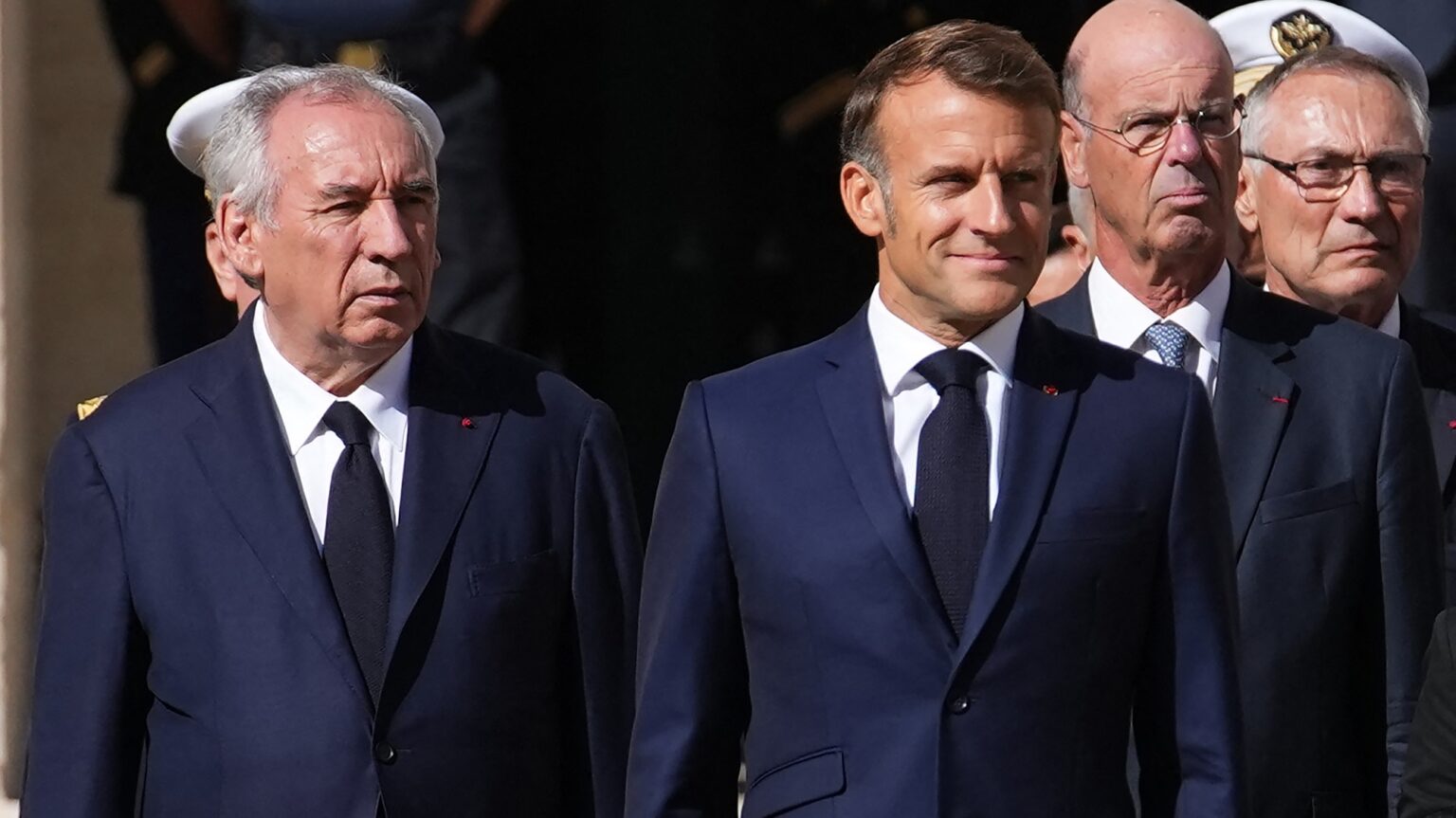
Prime Minister François Bayrou of France has lost the vote of no confidence he called on himself, with the motion passing 364–194, triggering the collapse of the government. He served for less than a year in office. The leader of the left-wing La France Insoumise party has also called on President Emmanuel Macron to resign.

‘When asked which three areas the European Union should focus on most in the future in order to increase its global political influence, respondents highlighted security and defence policy cooperation, increasing European competitiveness, and achieving energy independence.’
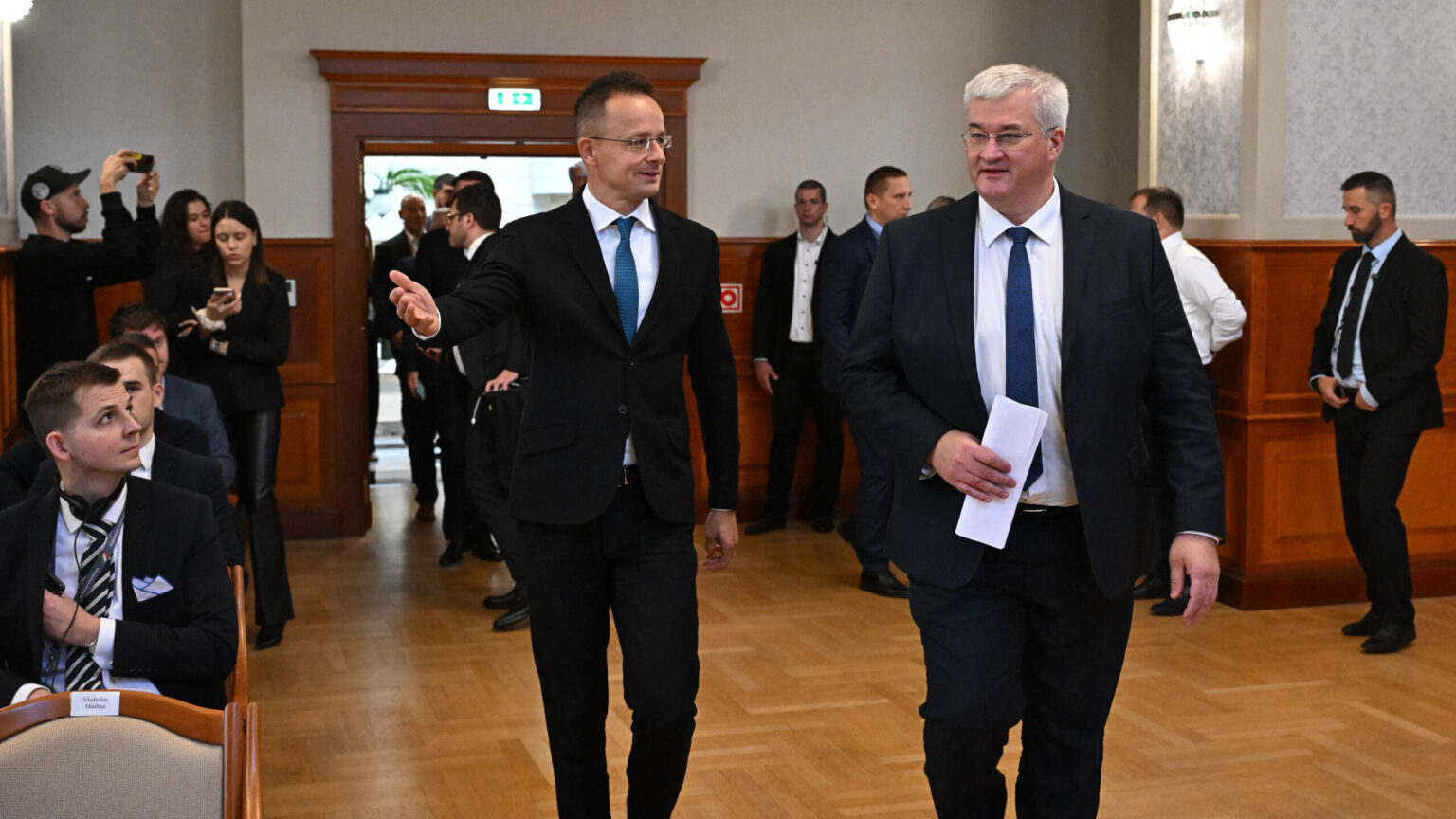
Hungary’s relations with Ukraine are at a historic low, but Budapest remains open to dialogue, Péter Szijjártó said on Monday. Blaming Kyiv for curtailing Transcarpathian Hungarian rights, he announced that Ukrainian FM Andrii Sybiha will visit Budapest this week despite recent tensions over the Druzhba pipeline and Ukraine’s EU accession.
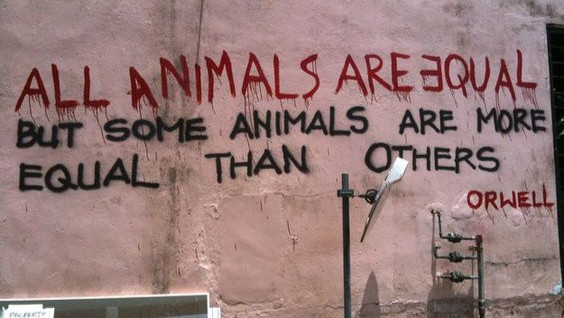
‘80 years after its publication, the message of the novella seems to have lost none of its relevance. Among the challenges of modern governance around the world, numerous phenomena remind us of the dynamics described by Orwell…The rule of law, autonomous institutions, and transparency are not merely theoretical concepts, but safeguards against autocracy.’
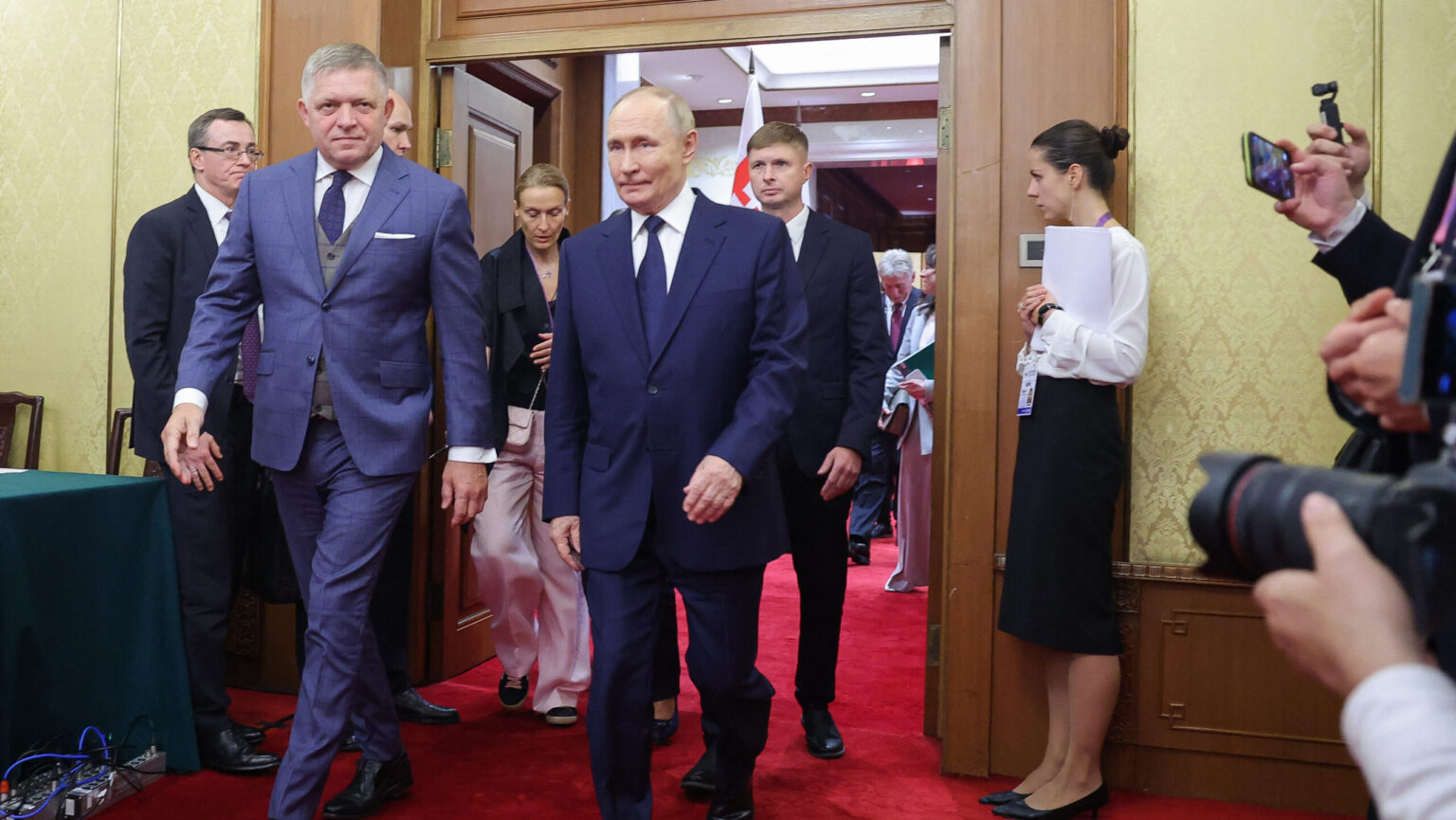
Slovak Prime Minister Robert Fico, fresh from nearly an hour-long private meeting with Vladimir Putin in Beijing, announced he will deliver a ‘very serious message’ to Ukrainian President Volodymyr Zelenskyy on Friday. Fico’s role echoes Viktor Orbán’s earlier peace missions, though the Slovak leader emerges at a moment when Putin insists no peace is possible without addressing NATO expansion.

Talk of the Democratic Party’s extinction has surged since Trump’s 2024 win, fueled by party registration drops and the looming census set to take away electoral votes from blue states. But history shows that, since 1856, both Democrats and Republicans have survived long losing streaks, electoral setbacks, and predictions of demise—proving that in US politics, fortunes can shift fast.

French President Emmanuel Macron’s remark calling Vladimir Putin ‘an ogre at our gates’ marks a dangerous shift in Europe’s war rhetoric. Once confined to online echo chambers, dehumanizing language is now openly used by Western leaders—laying the ground for escalation, while exposing the blatant hypocrisy of those who once condemned such tactics when used by Donald Trump.
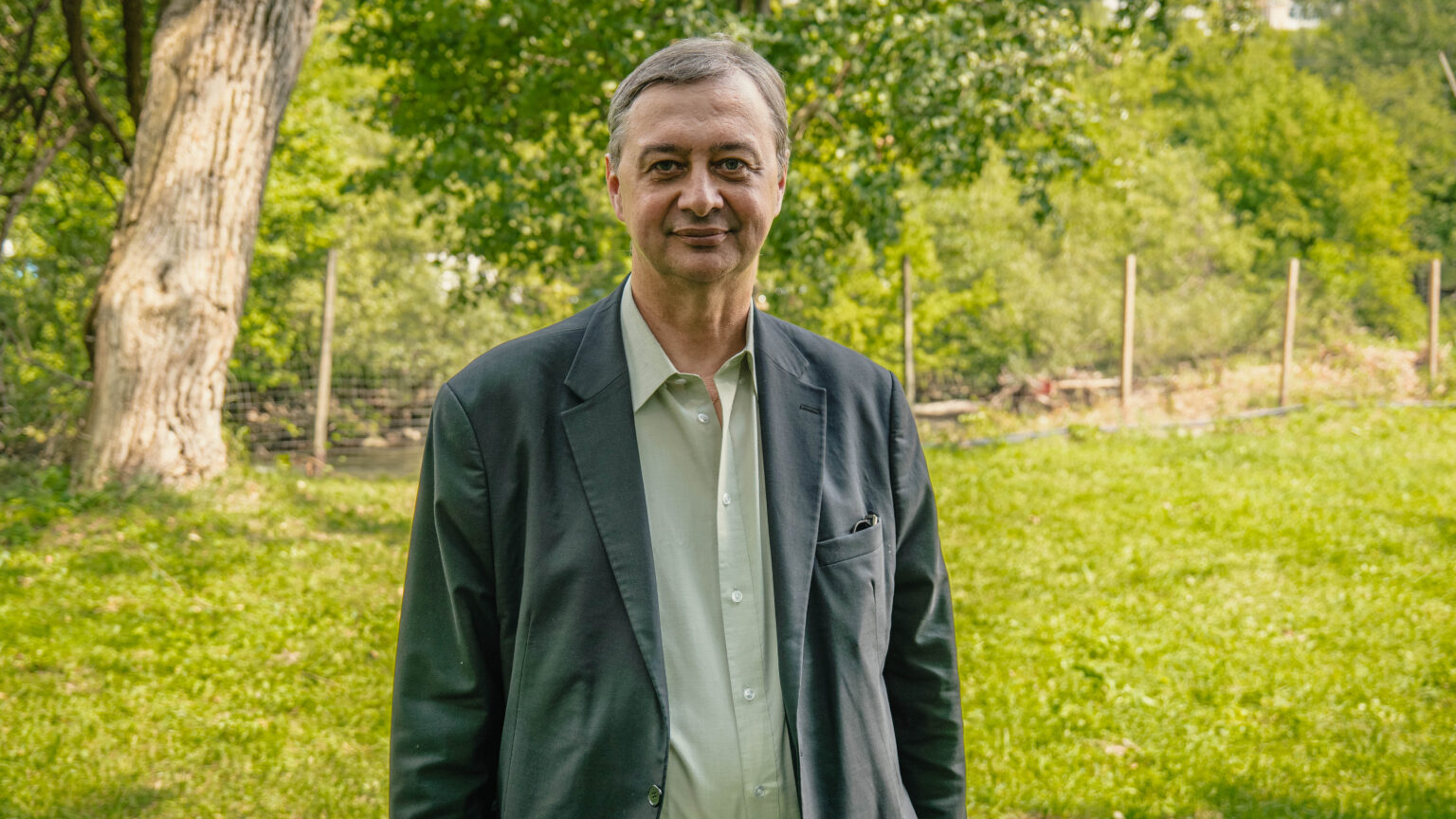
What is the relationship between the Romanian and Hungarian governments like, and what role does the RMDSZ play in it? Can Szeklerland be granted autonomy? And why does Romania support Ukraine? We spoke with Romanian foreign policy analyst and former presidential adviser Iulian Chifu in Tusványos.
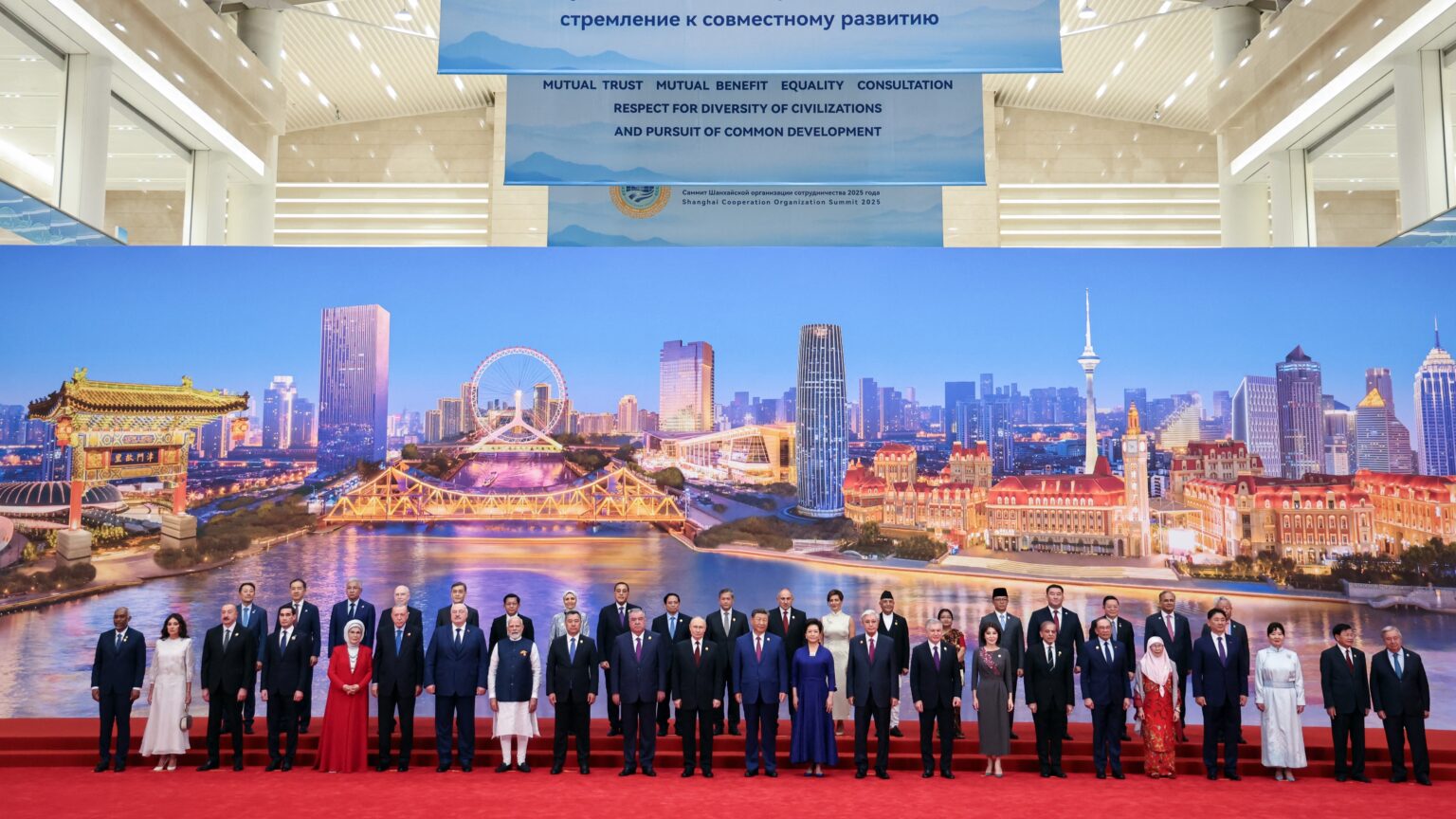
At the SCO summit in Tianjin, leaders from Russia, China, India and beyond gathered to deepen trade ties, challenge Western influence, and promote a new Eurasian vision. With Europe largely absent, and figures like Modi, Putin and Xi taking centre stage, the summit signalled a significant shift in global power dynamics.

‘For American and Hungarian conservatives, Louis Sarkozy should move from curiosity to priority. He marries a US-honed operating style with a surname that still opens doors from Budapest to Paris, and he is testing both in a consequential border city.’
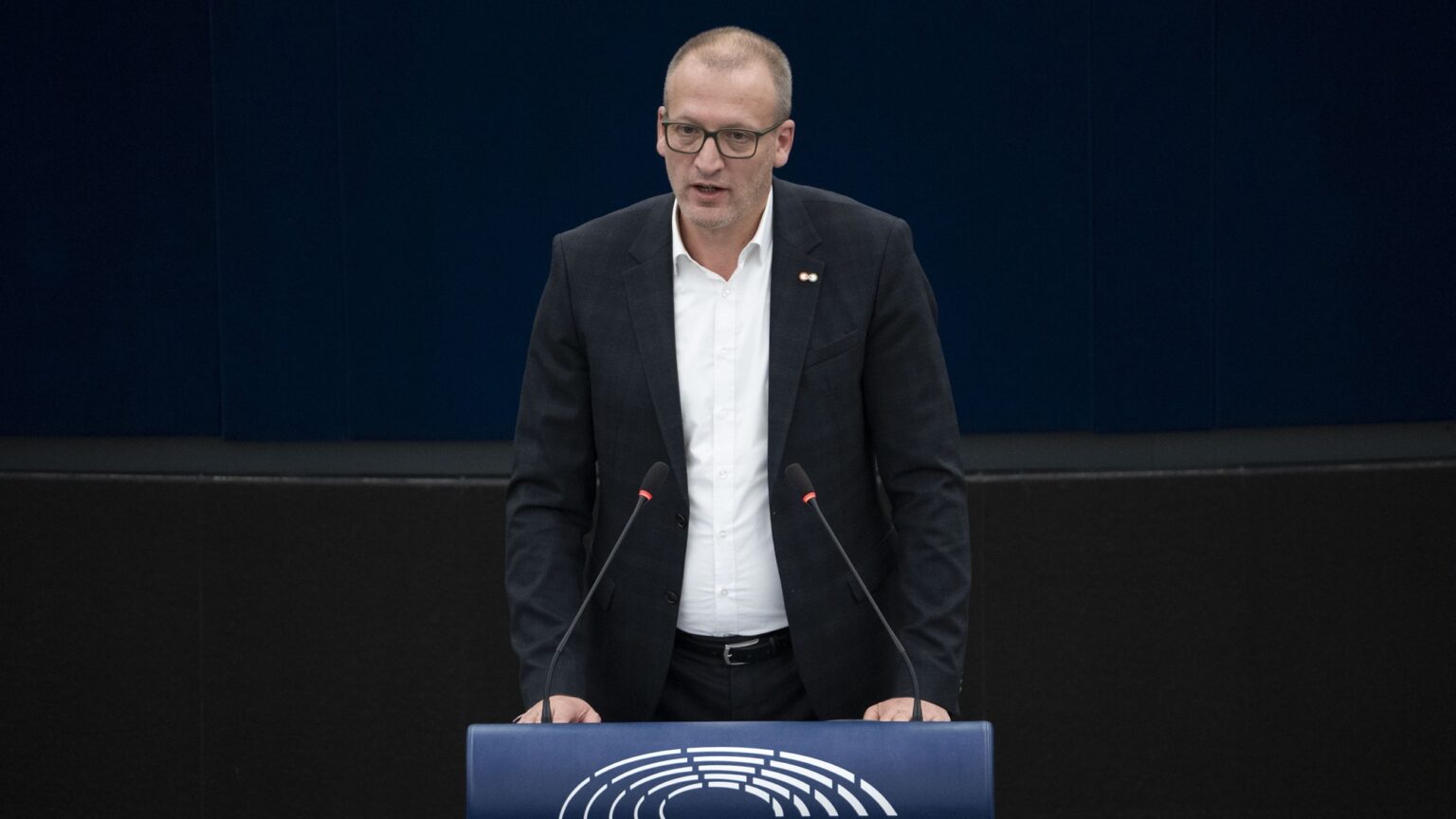
At a campaign event, TISZA Party Vice Chair Zoltán Tarr said: ‘I won’t tell you everything, because if I did, we would fail,’ referring to the party’s plans. TISZA’s PM candidate, Péter Magyar, urged journalists to hear the full context—then admitted he hadn’t listened to the full discussion himself.
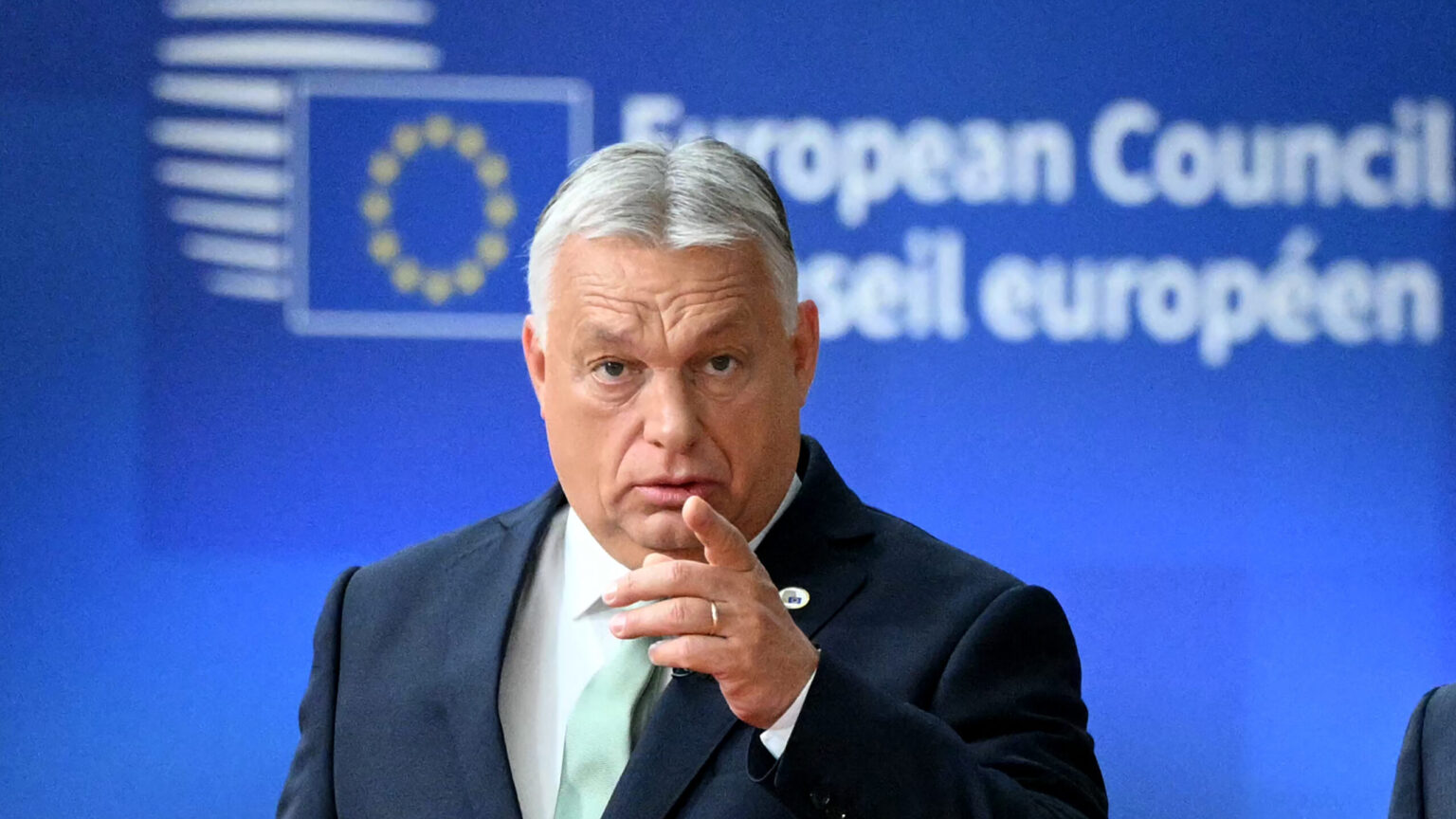
Western media suggest Viktor Orbán could ‘climb down’ from Hungary’s veto on Ukraine’s EU bid after alleged pressure from Donald Trump. Yet officials stress the call itself is disputed—and insist accession would drag an open war into the EU, a step Hungary refuses to take.
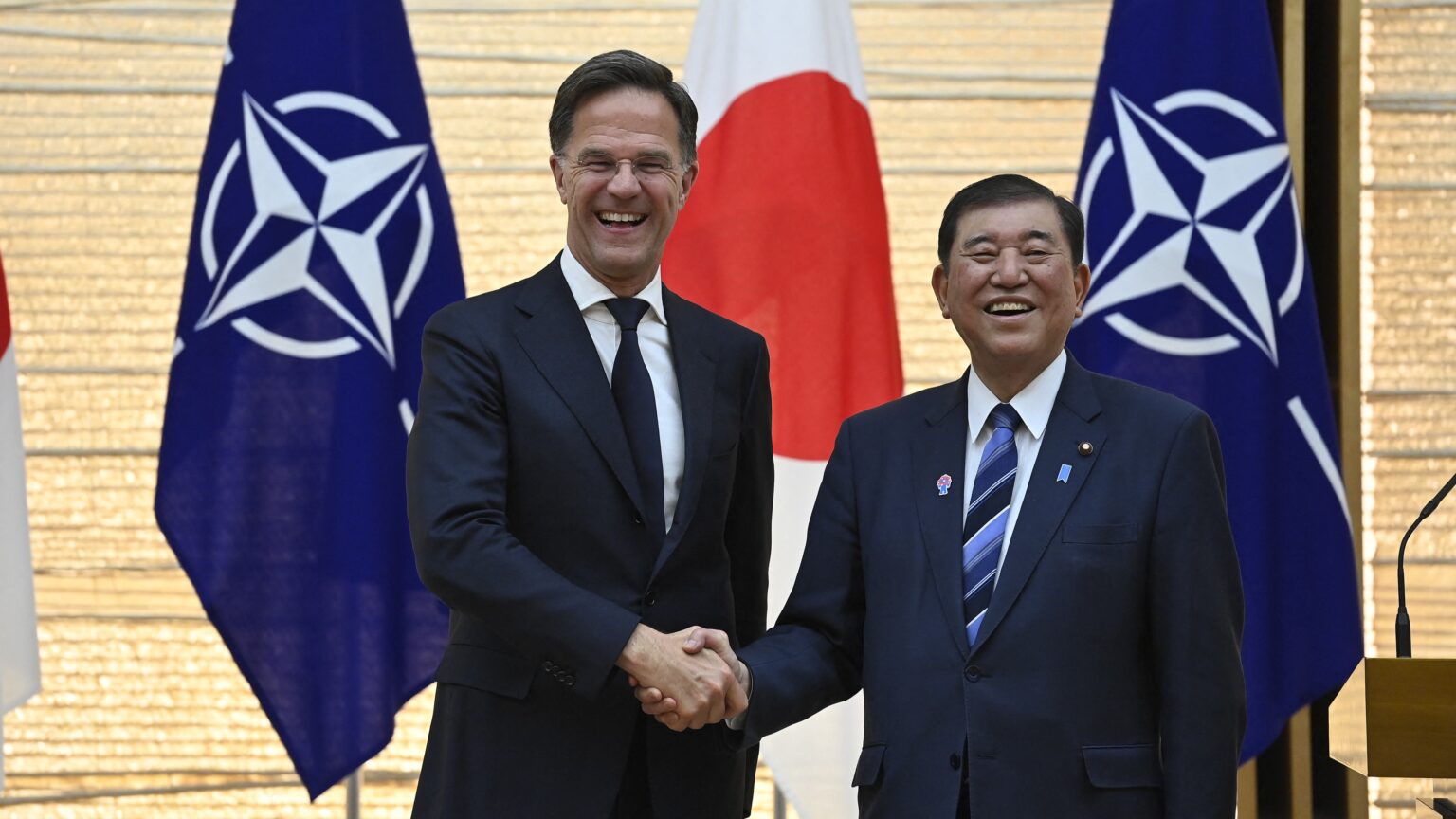
‘Through Japan’s growing business and cultural ties with Hungary, the Hungarian–Japanese relationship is poised to grow at an exponential rate in the coming years. Japan’s use of Hungary as a central manufacturing hub for vehicles and electronics equipment is only going to grow as a result of increased defense industry cooperation between NATO and Tokyo.’
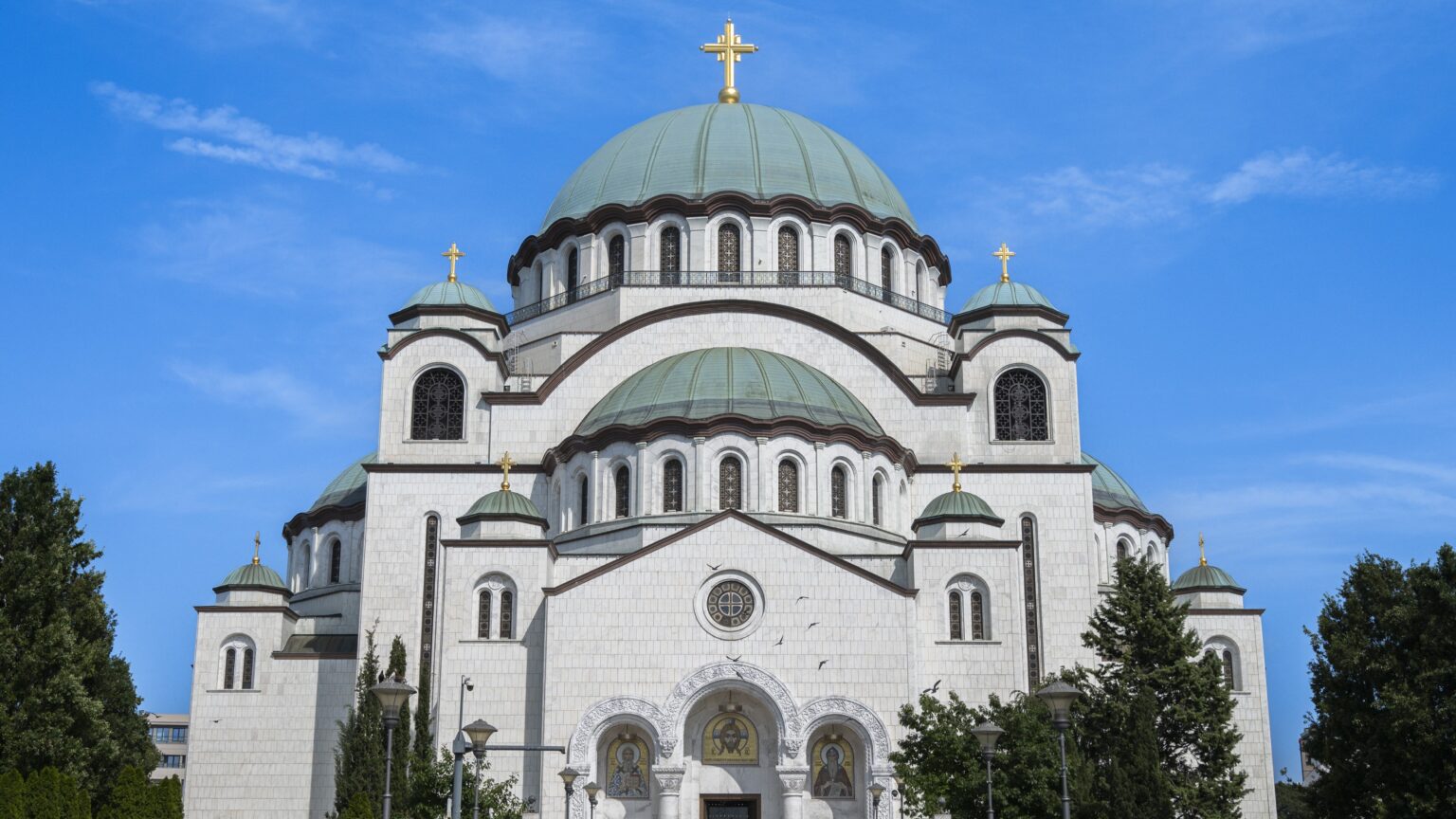
‘It should be kept in mind that Serbia’s close relations to Russia had been forged over centuries—through a shared Slavic heritage, Orthodox traditions, and mutual political support. This bilateral relationship has proven remarkably resilient in view of recent shifting geopolitical realities…Serbia’s close relations with Russia cannot simply be undone through external pressure.’

‘Europe is unfortunately not competitive in terms of society, economy, innovation, or energy. These are the harsh realities that European decision-makers must take into account when shaping political relations…A useful step in this direction would be to rethink the EU budget and shape and strengthen it in the interests of the Member States, as well as to rethink financial support for Ukraine.’
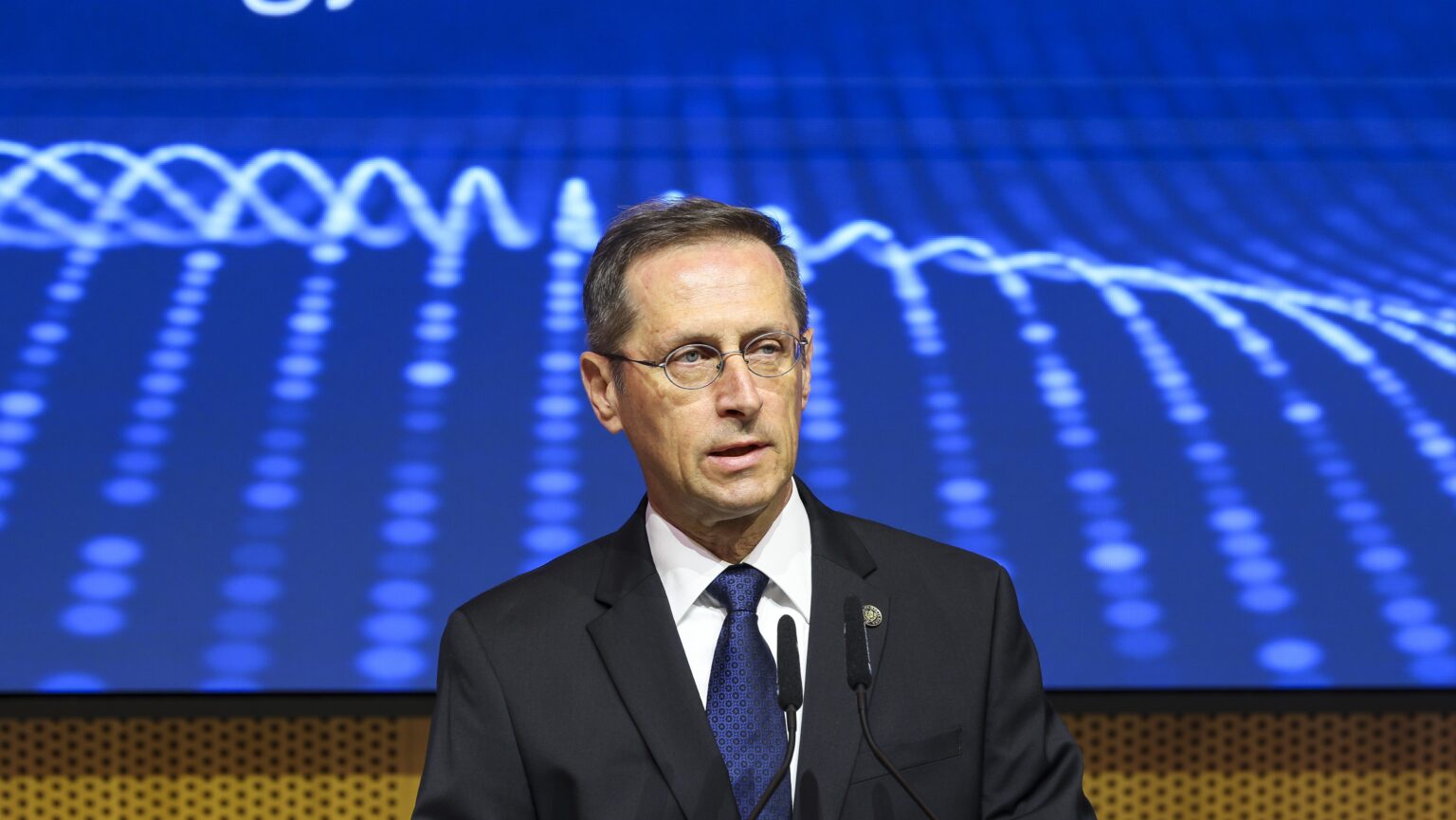
‘With external balances improving and domestic demand reawakening, Hungary couples a steady 6.50 per cent base rate with 3 per cent Home Start mortgages to support growth without losing discipline. Clear communication has kept the forint resilient near 400, while Euro adoption remains a realistic, albeit longer-term objective.’
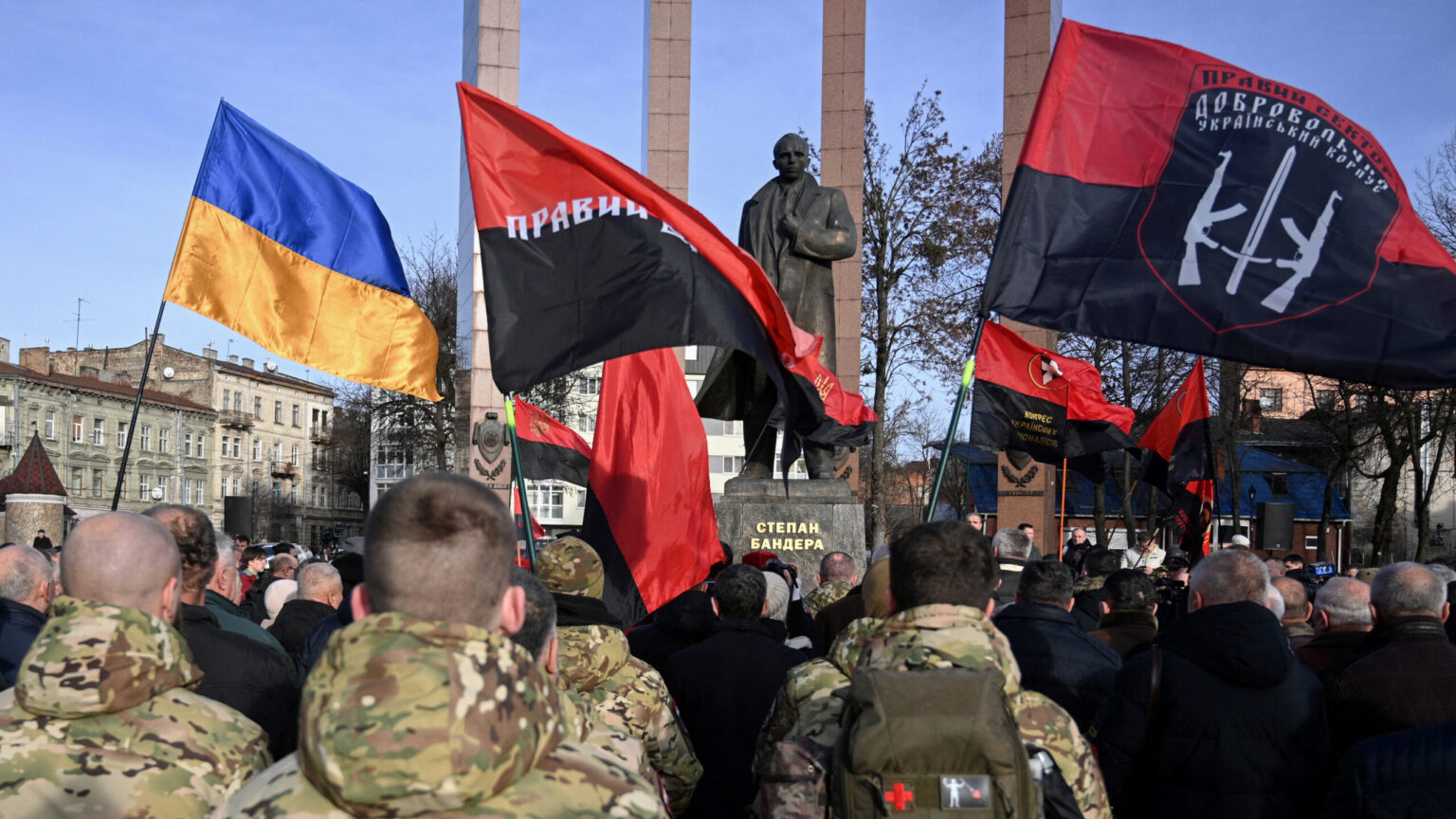
A new flashpoint in Polish–Ukrainian ties emerged after President Karol Nawrocki proposed outlawing Bandera symbols, branding them equal to Nazi insignia. While Warsaw frames the bill as historical justice, Kyiv condemned it as a hostile act, warning of consequences for bilateral relations.
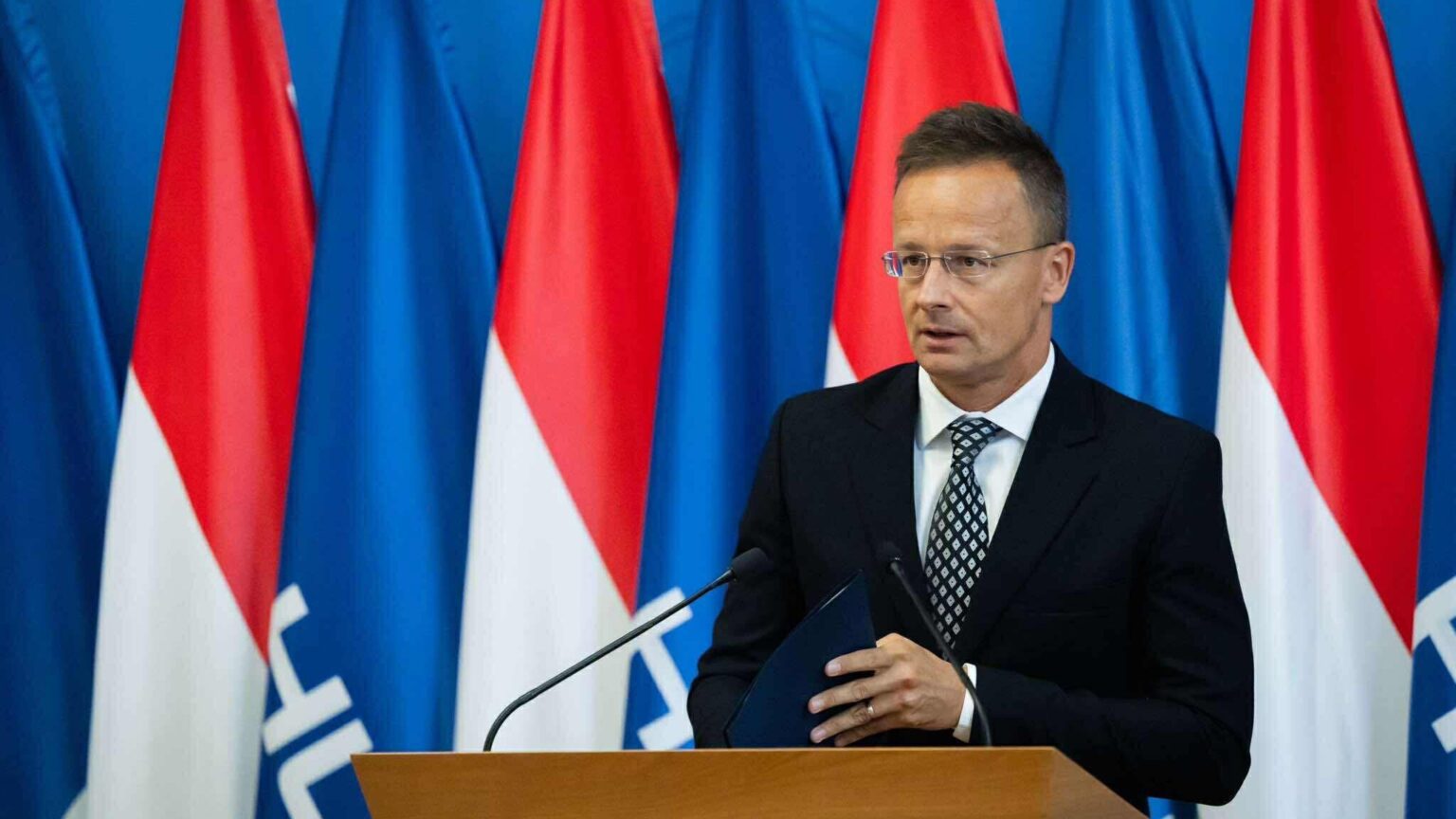
Hungary has banned the Ukrainian commander linked to the latest strike on the Druzhba oil pipeline, with Foreign Minister Péter Szijjártó condemning the attack as a grave assault on sovereignty and warning of serious consequences.
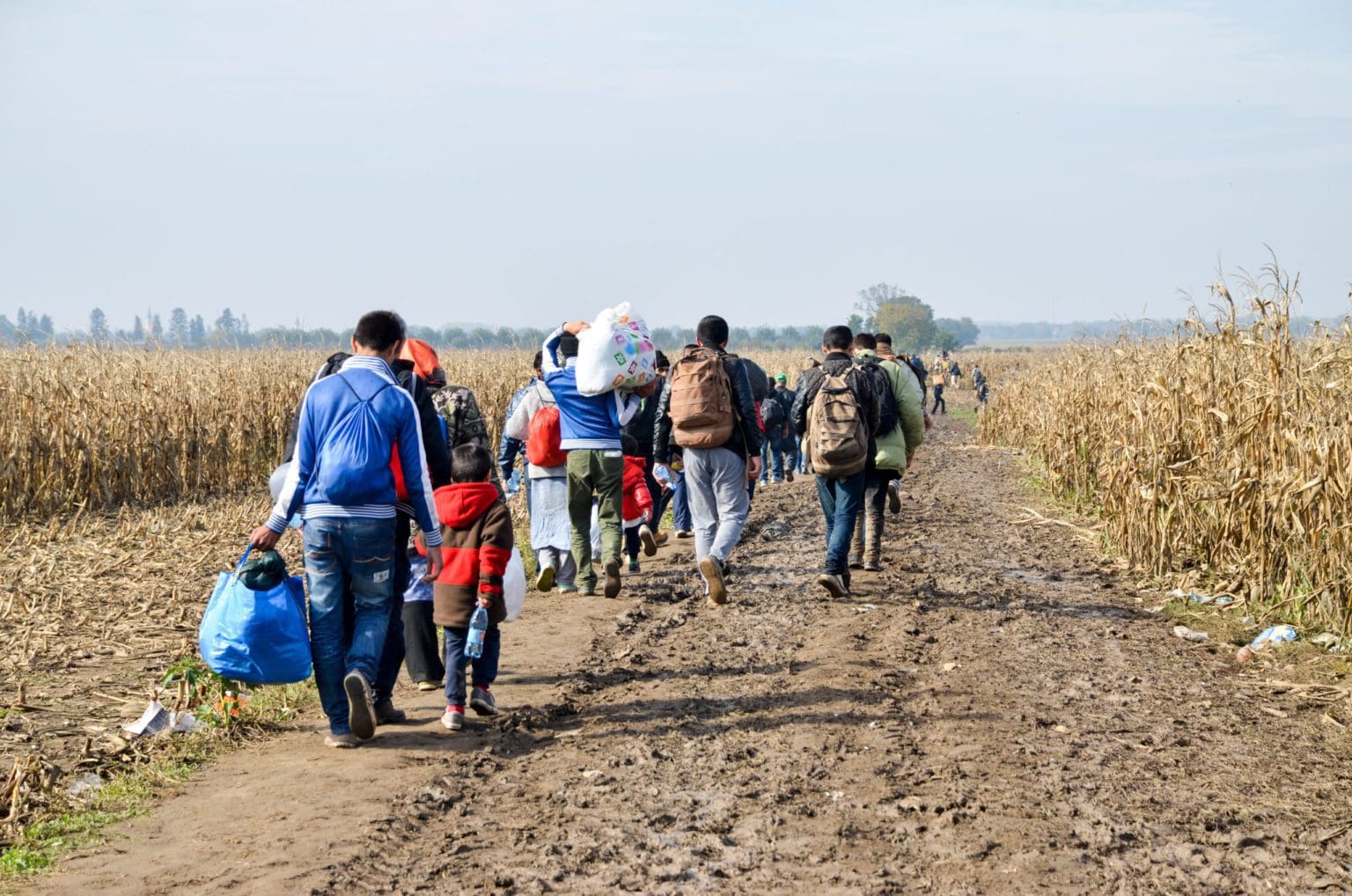
Hungarian Prime Minister’s security chief György Bakondi criticized the EU’s migration policy, calling it a failed approach that fuels crime, terrorism, and social tensions. He urged for national-level action to protect Europe’s security and values.
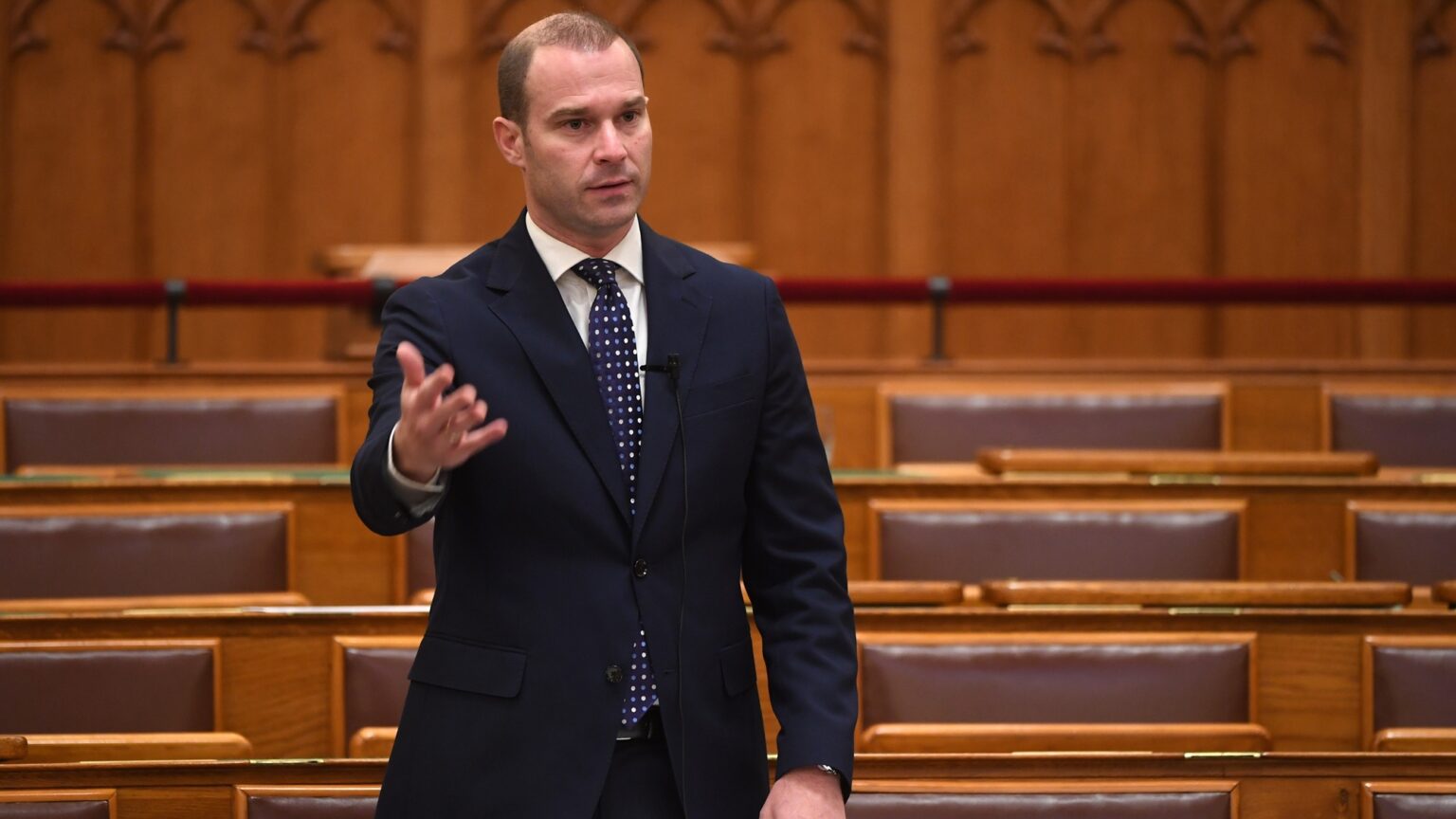
According to an internal memo obtained by the Hungarian news site Index, the opposition party TISZA is planning to implement a three-bracket, progressive tax system if elected in next year’s Hungarian parliamentary elections. MP for the governing Fidesz party István Hollik has reacted to the leak.
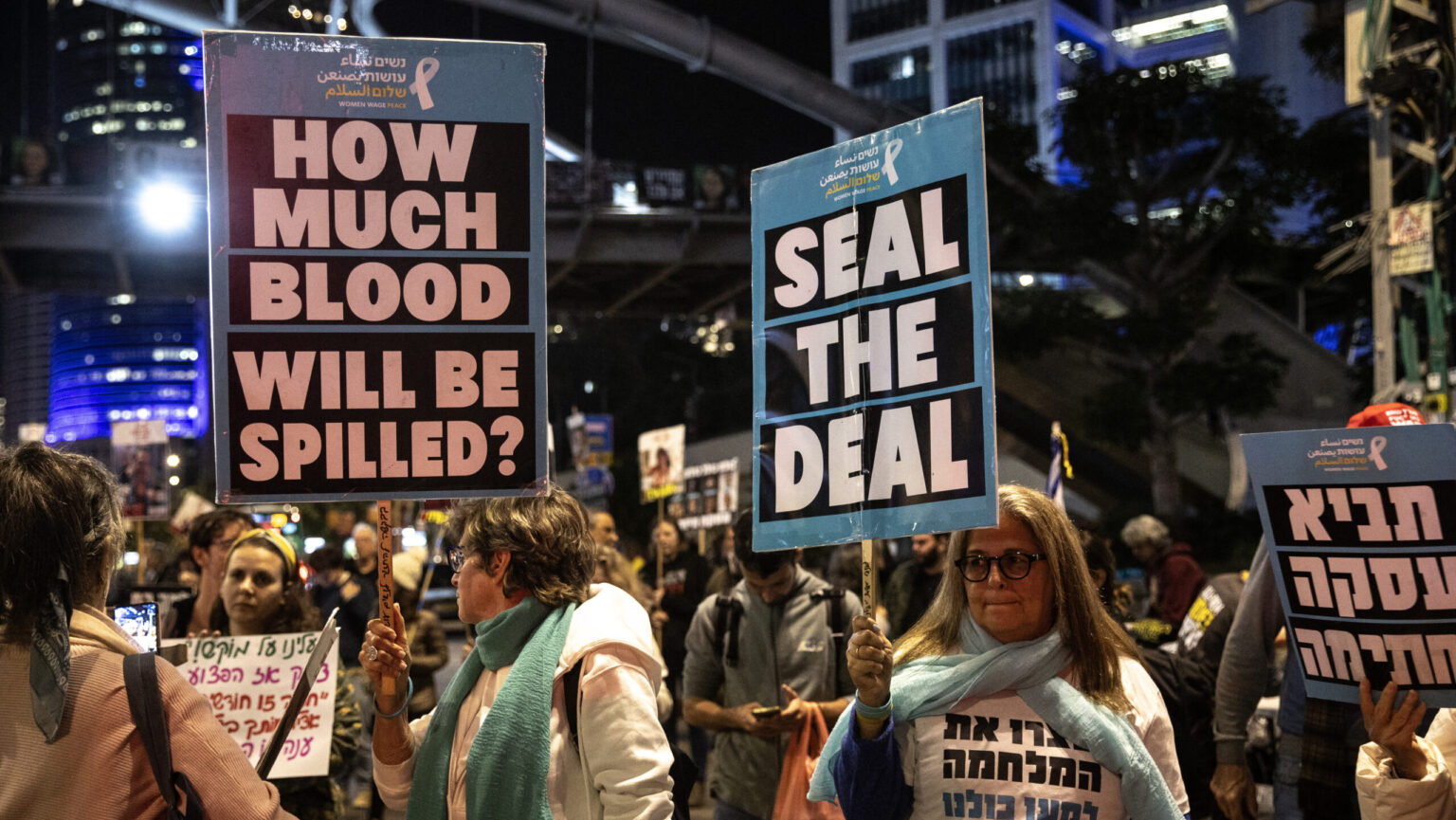
‘According to the Deputy Foreign Minister, the conflict is a religious war against radical Islamist ideology, not a territorial one. Western leaders like Macron, she said, fail to grasp this. In her view, Hamas fights against universal Western values, leaving Israel with no choice but to defend itself.’
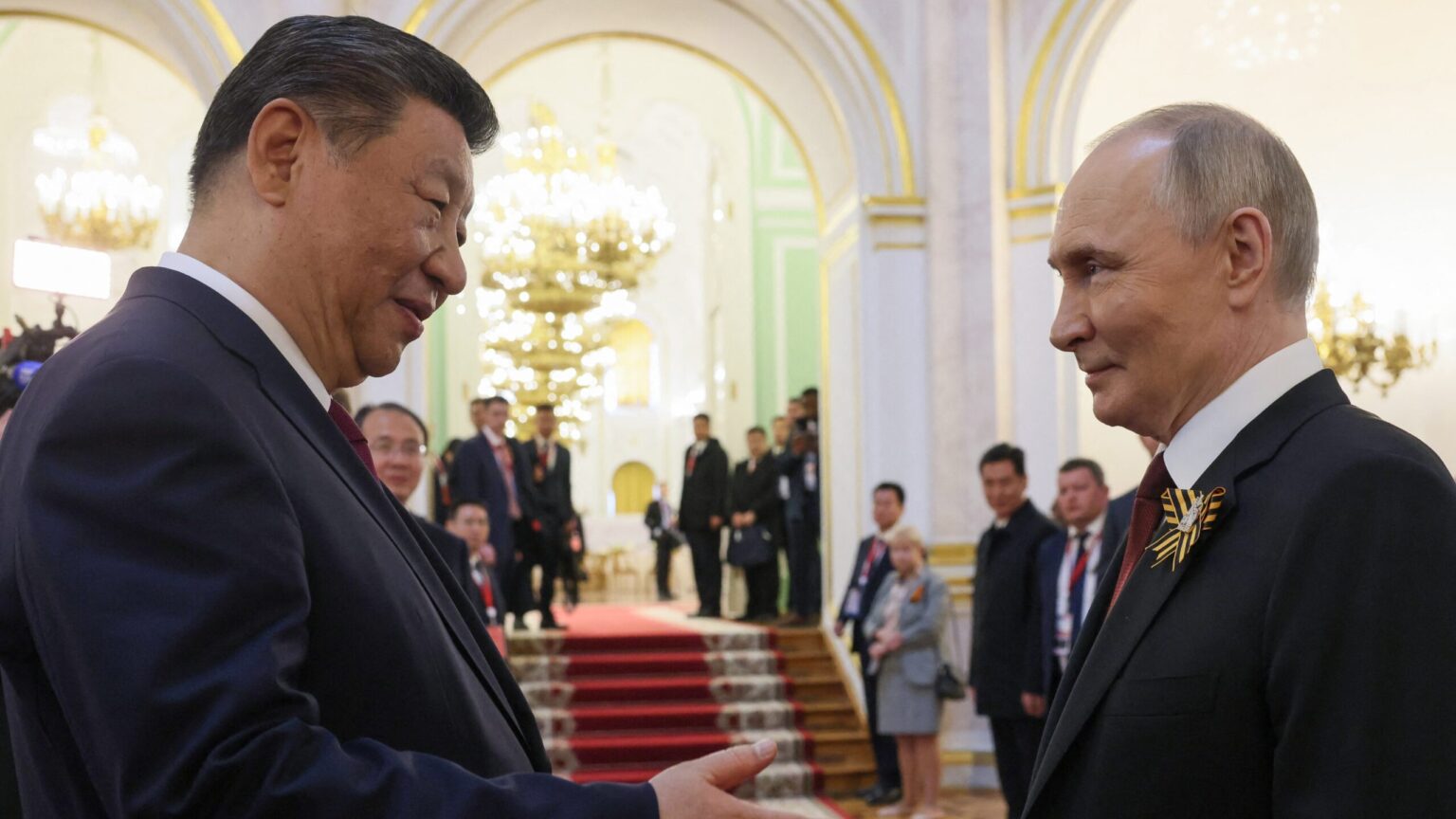
As peace talks gain momentum, Russia demands Ukrainian neutrality and security guarantees from global powers, including UN Security Council members. China, despite denying plans for peacekeepers, remains open to diplomatic involvement, aligning with Xi Jinping’s earlier principles for ending the war.
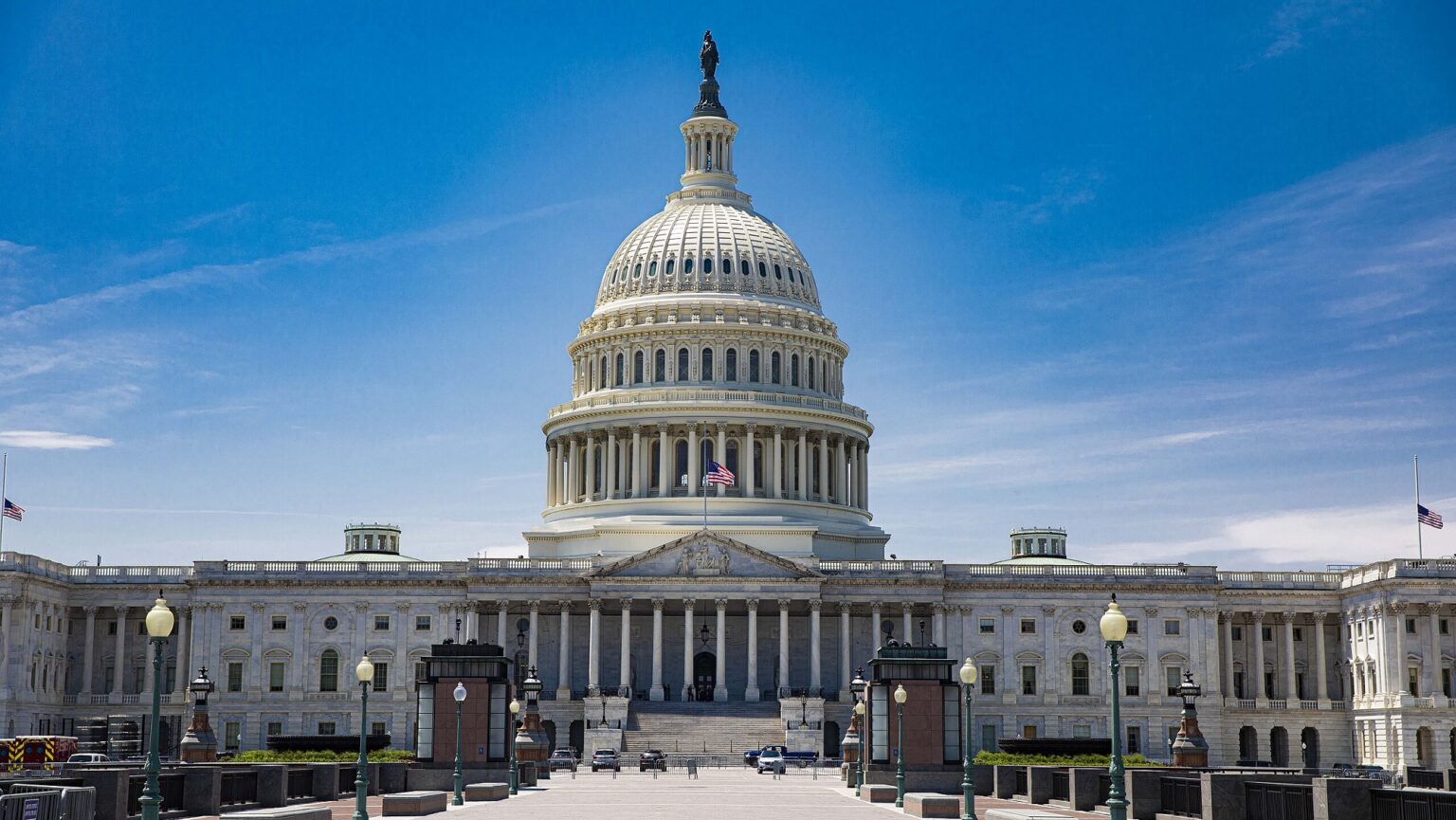
According to the Cook Political Report, the Republican Party is favoured in many more Congressional races in the 2026 midterm elections than the Democrats, 215 against 202. If President Trump’s party were to be able to hold onto their majority in the House, it would defy the trend for midterm elections in the 21st century.
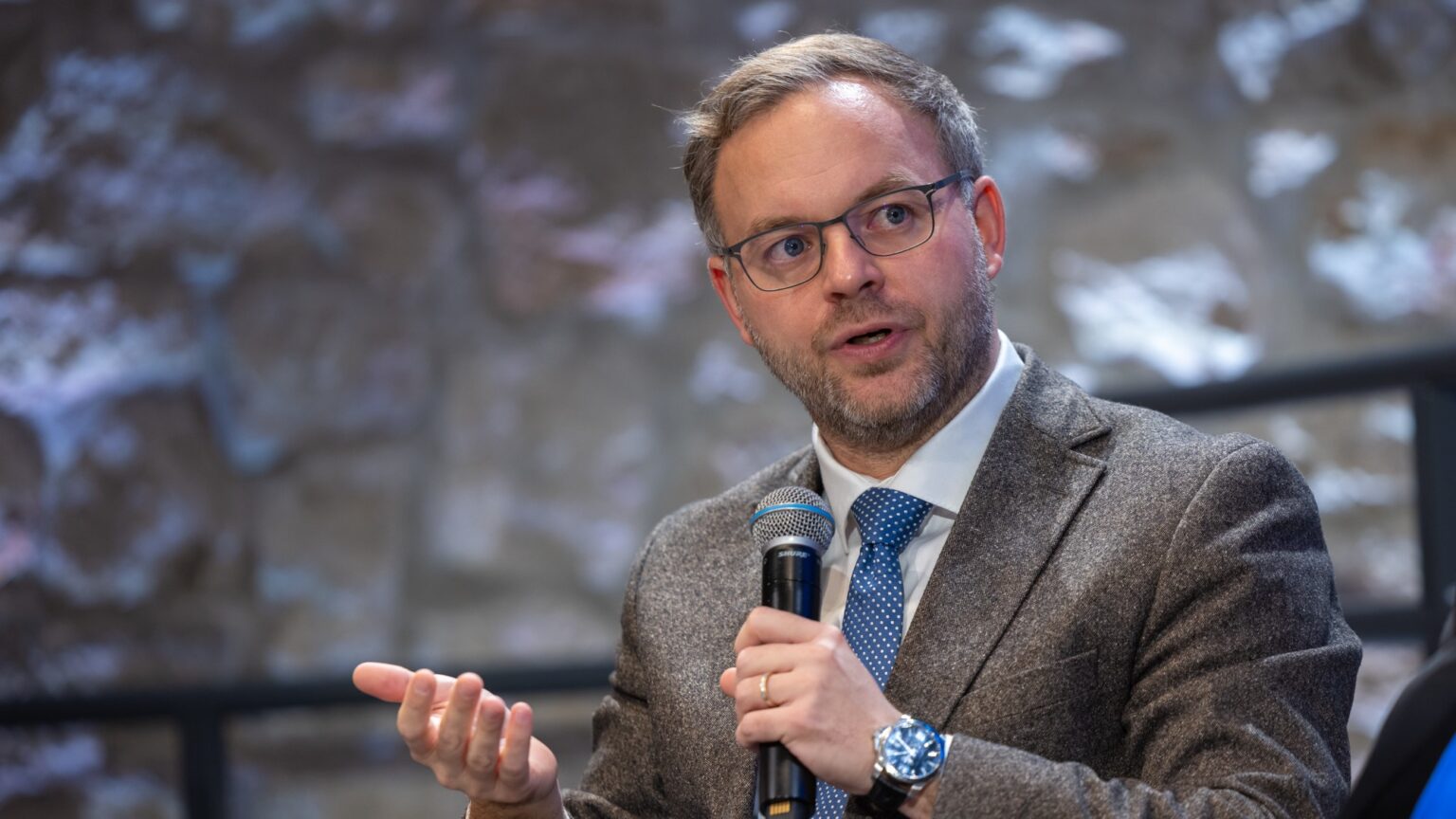
Hungary is not in a dead end, but outdated foreign policy thinking has reached one, Balázs Orbán, the prime minister’s political advisor, argued. He rejected claims that opposing Brussels has left Hungary isolated within the EU.
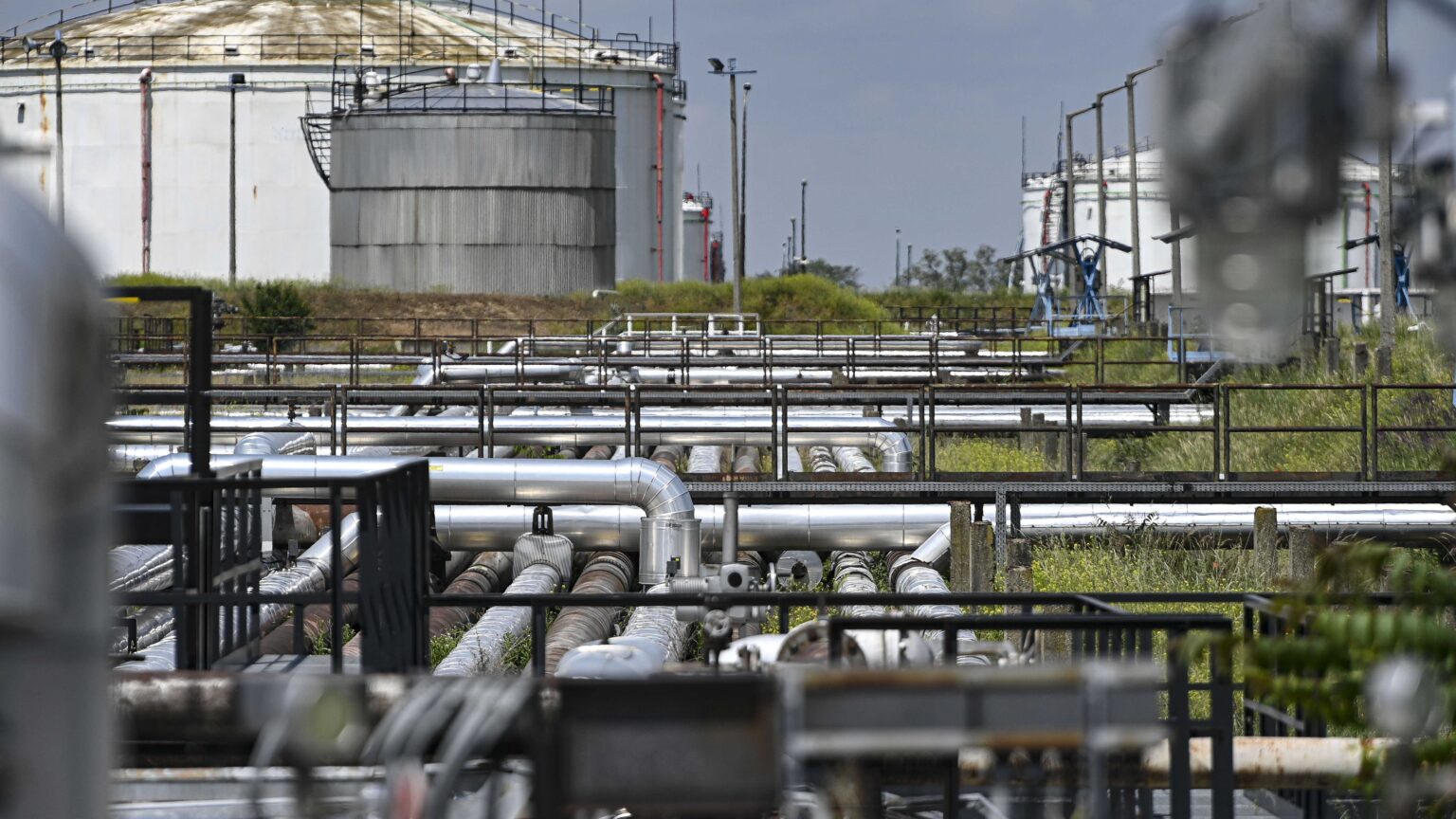
Hungary and Slovakia have urged the European Commission to act after repeated Ukrainian strikes hit the Druzhba oil pipeline in Russia, a key supply route for both countries. The latest attack has halted deliveries for at least five days.

‘Just days after Russia’s 2022 invasion of Ukraine, Chancellor Olaf Scholz declared a Zeitenwende—a historic turning point—in the Bundestag, pledging greater support for Ukraine and a significant strengthening of Germany’s armed forces…Yet, despite ambitious plans and ongoing modernization efforts, the proclaimed turning point fell short of delivering the sweeping, immediate changes…’
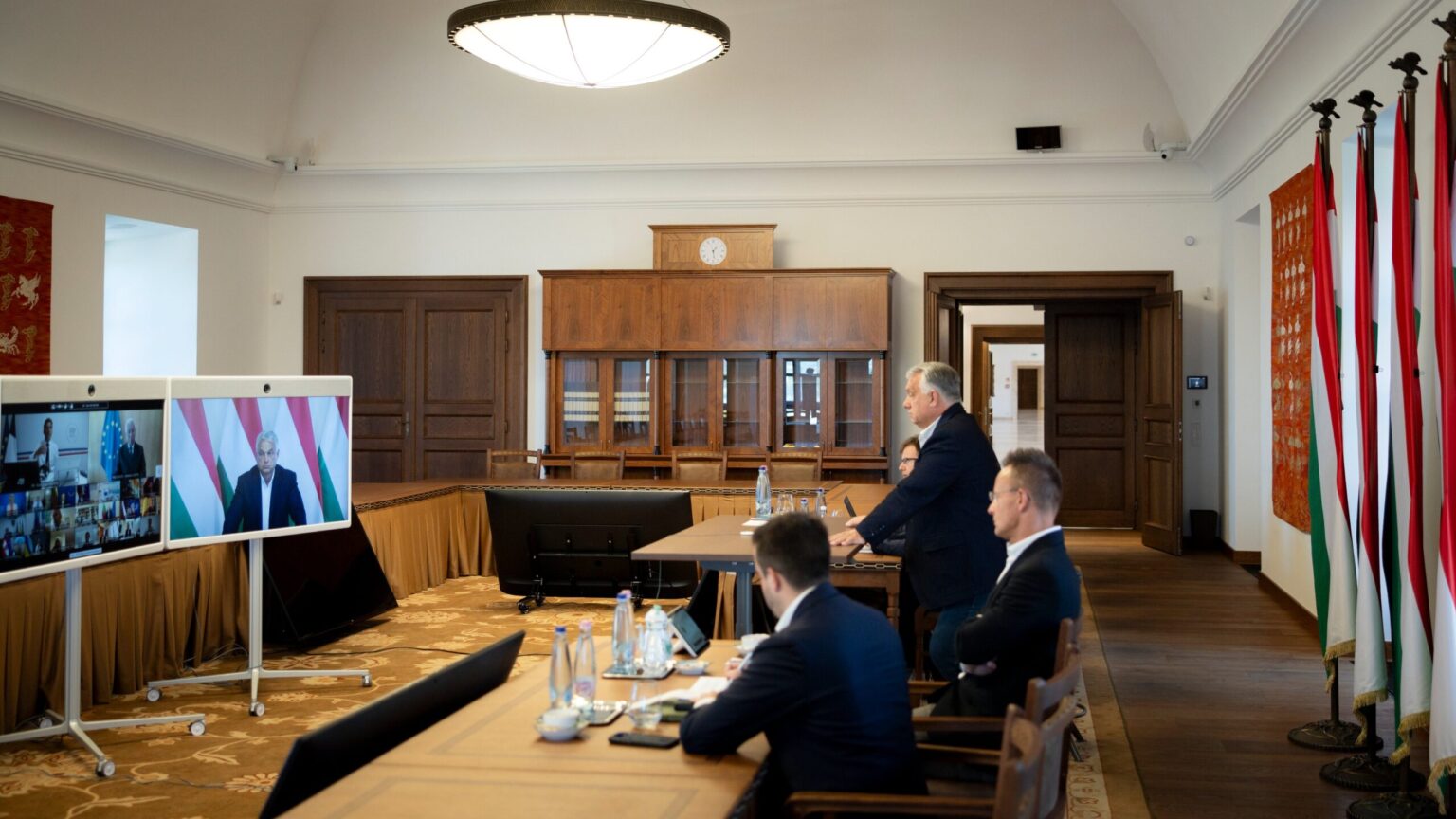
After the European Council meeting on the Alaska summit, Viktor Orbán argued that Brussels’ Ukraine strategy had collapsed—its isolation policy, battlefield expectations, and membership promises as security guarantee all failed. With Trump’s team eyeing Budapest as the venue for a potential Putin–Zelenskyy summit, Hungary’s influence in Europe could be significantly bolstered.
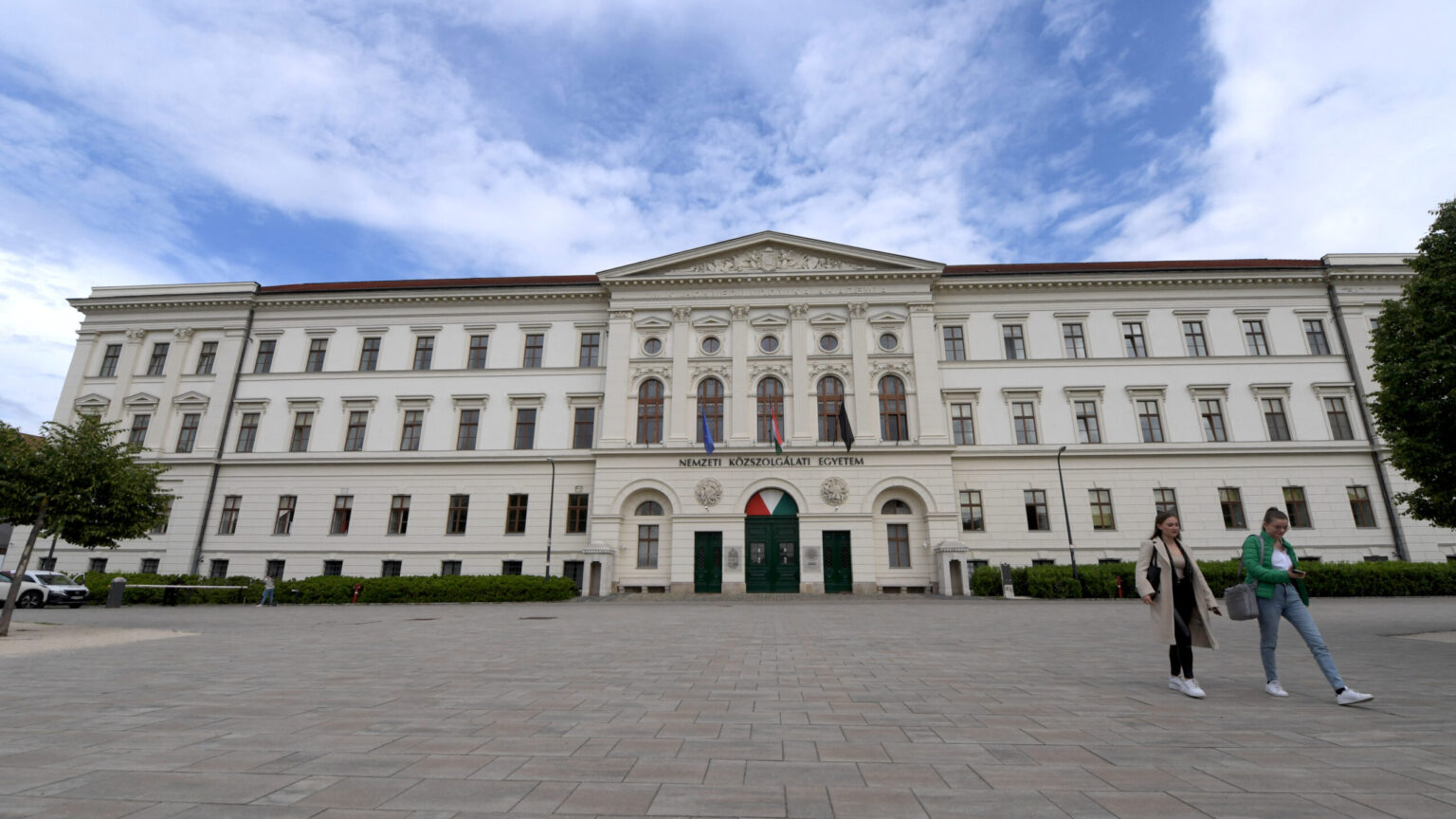
A Newsweek op-ed by Ilya Shapiro and Charles Yockey hails Hungary’s university reform as a template for conservatives, claiming Western campuses have abandoned neutrality for ideological enforcement. They argue the foundation model ensures accountability and academic freedom across the political spectrum.

Trump and Putin’s Alaska summit aims to test the waters for a Ukraine ceasefire, with Russia pressing its advantage after fresh territorial gains. The US holds secondary tariff threats over Moscow, while the EU and Kyiv fight to keep their voice in any deal.
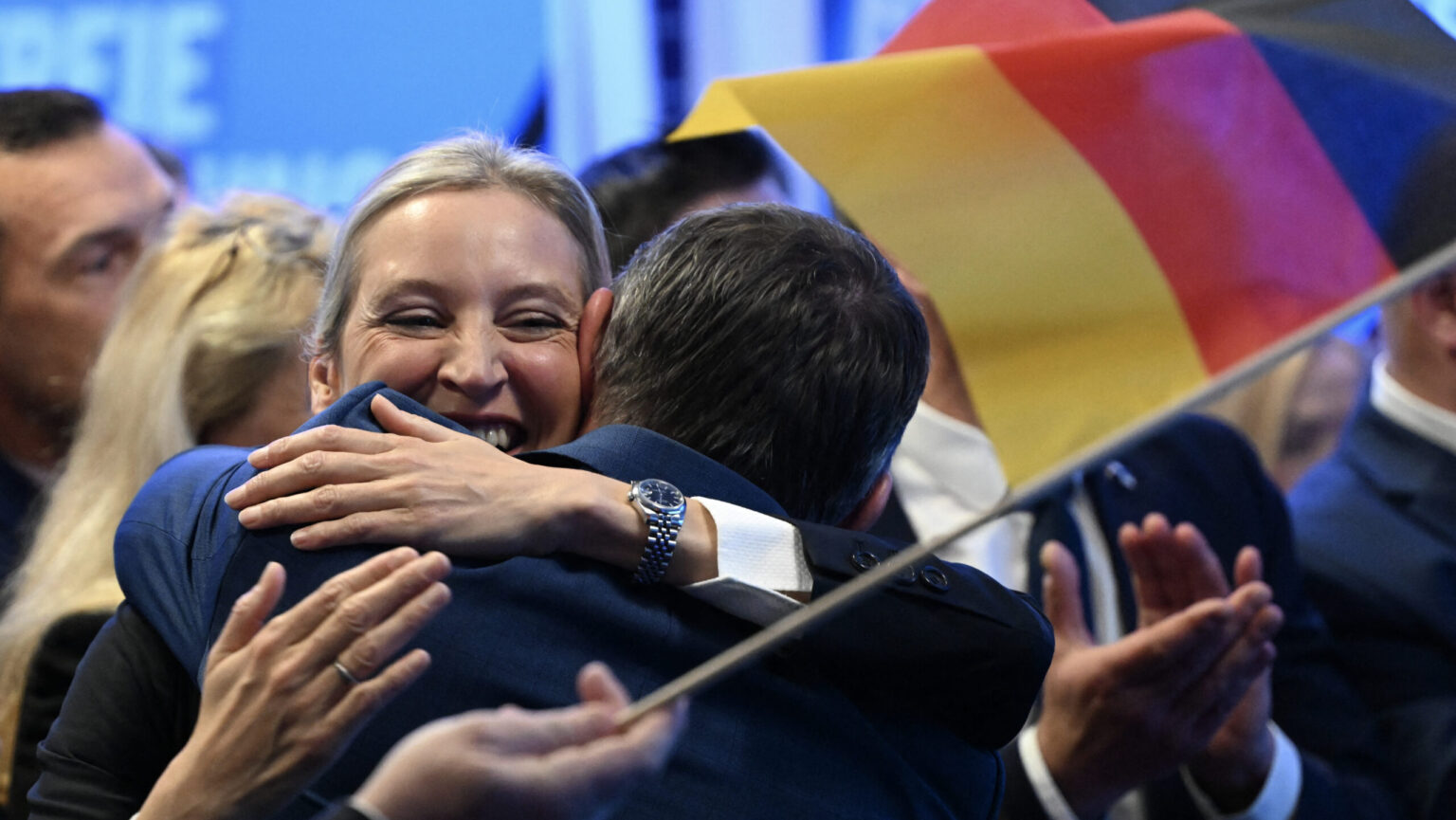
A Forsa poll shows Germany’s AfD ahead of the CDU, 26 to 24 per cent, the biggest lead since February’s election. The result mirrors a rightward trend across Europe, with Austria’s FPÖ, France’s National Rally and Reform UK also dominating national polls.